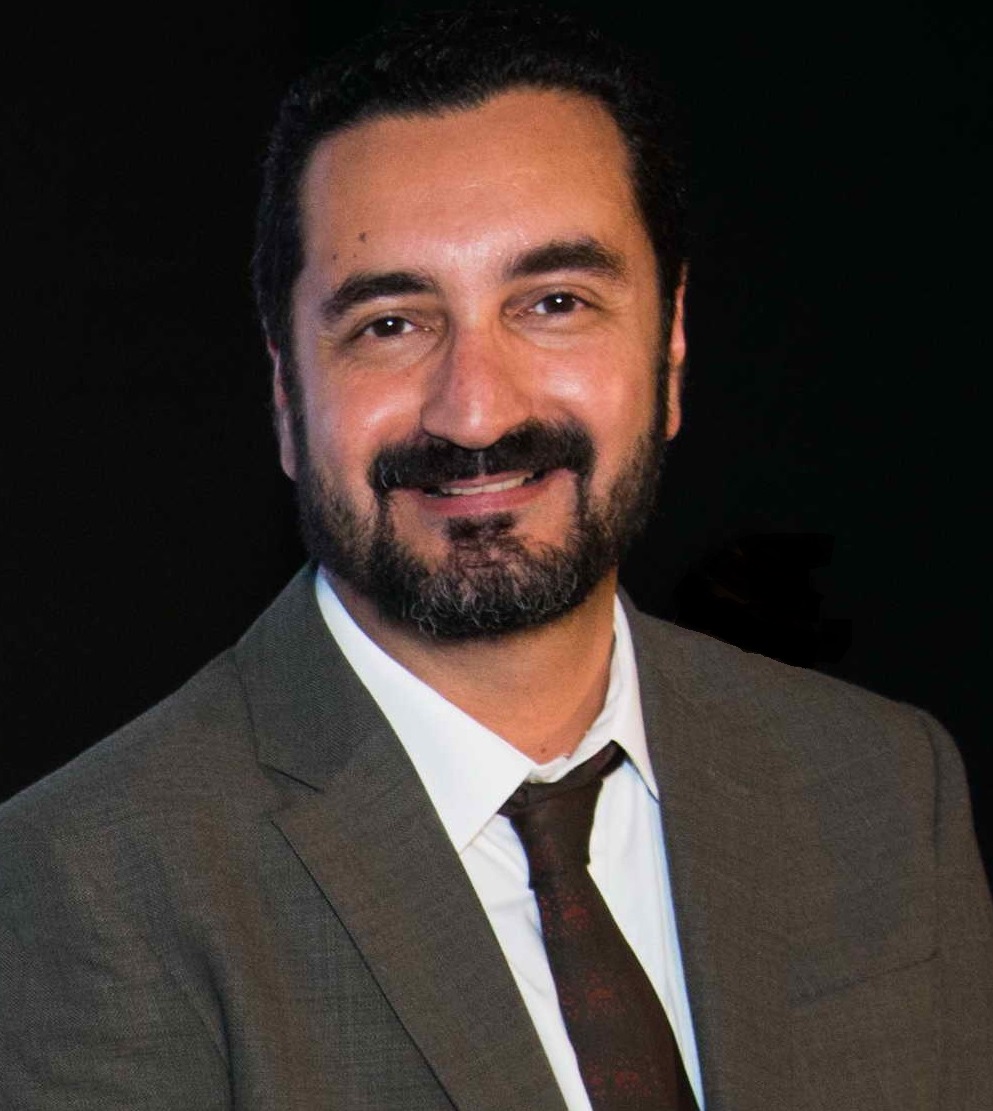In today’s times more children than ever are walking into their school bathrooms and cutting their wrists when they feel extremely overwhelmed or unravelled by certain emotions or painful aspects of their life that they can’t seem to deal with.
More children daily are being bullied verbally, emotionally, on-line or physically in school classrooms or playgrounds. So many go through silent neglect, ostracisation or exclusion. So many feel hopeless, worthless, helpless and powerless.
Kids are being discriminated against, marginalised, insulted, judged or ridiculed owing to their skin colour, sexual preferences, race, religion or disability. More peers today are at the receiving end of perverse, sexually tinged comments, body shaming, gender stereotyping or racism.
More and more families are becoming dysfunctional where children are witnessing marital conflicts, abuse, aggression or separations.
Lots of children are experimenting with early sexual experiences, drugs, alcohol, cigarettes or other risk-taking and impulsive behaviours.
More kids than ever are going through anxiety, panic attacks, stress or depression and contemplating suicide, with one attempt every three seconds and one death by suicide every 40 seconds as per the WHO.
How many students voluntarily go up to the school counsellor or authorities to seek help or guidance? How many students even know how to introspect on who they are—with their strengths and weaknesses, navigate their emotions, make the right choices and adopt healthier coping mechanisms during stressful times? How many kids feel comfortable talking to their parents about private matters or intimate feelings without being judged, criticised or misunderstood?
The average delay between the onset of mental health symptoms and timely intervention is 8-10 years. A life or childhood itself could be lost in this unbelievably long time frame.
Early awareness and identification leads to early interventions and far better treatment outcomes and recovery.
This is why schools need to be far more cognisant of the growing mental health concerns and take a call to action. We need to bring the counsellor or psychologist into the classrooms to de-stigmatise and break the restrictive barriers of bias, judgement and shame that shroud mental health concerns. This will proactively increase help seeking behaviours and referrals. We need to normalise conversations around these difficult topics. We need to encourage independent thinking skills, decision making and freedom of choices.
We need to make our children feel emotionally safe and secure in our schools and give them opportunities to share, express and navigate their emotions and feelings.
But most importantly we need to equip them with compassion, empathy and emotional intelligence so that they may become better human beings with more compassion, kindness, unconditional love, acceptance and tolerance to situations and people around them in their world.
We need to prepare them to become healthier global citizens. We need to make them more resilient so that they may face, cope and adjust to any given situation that they may encounter in their lifetime.


